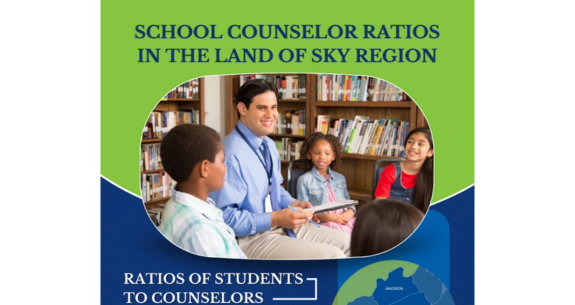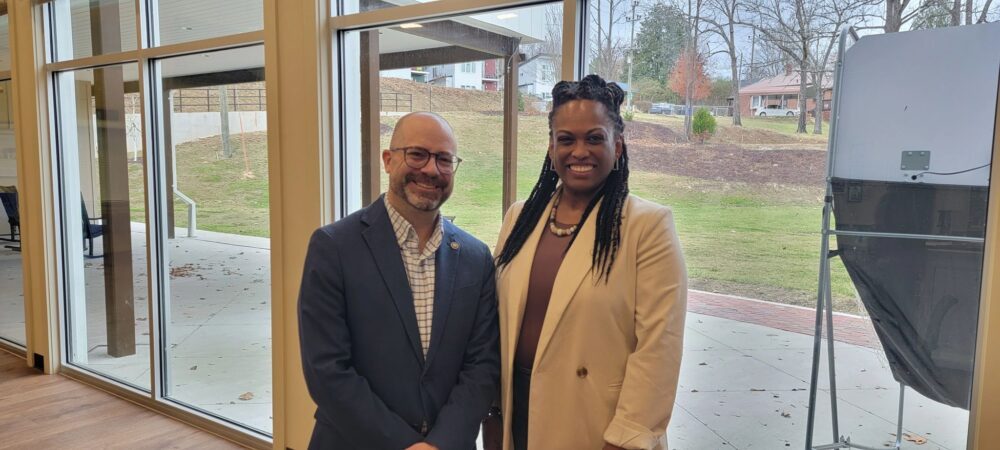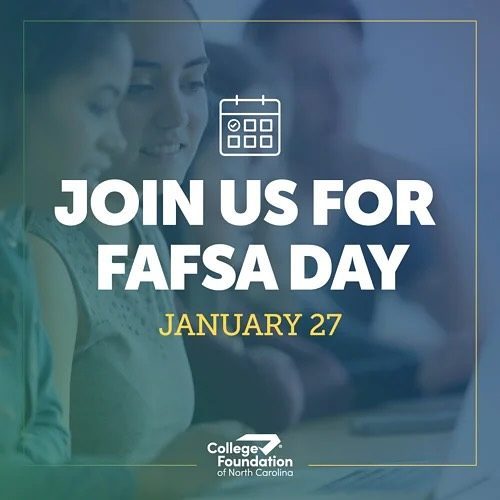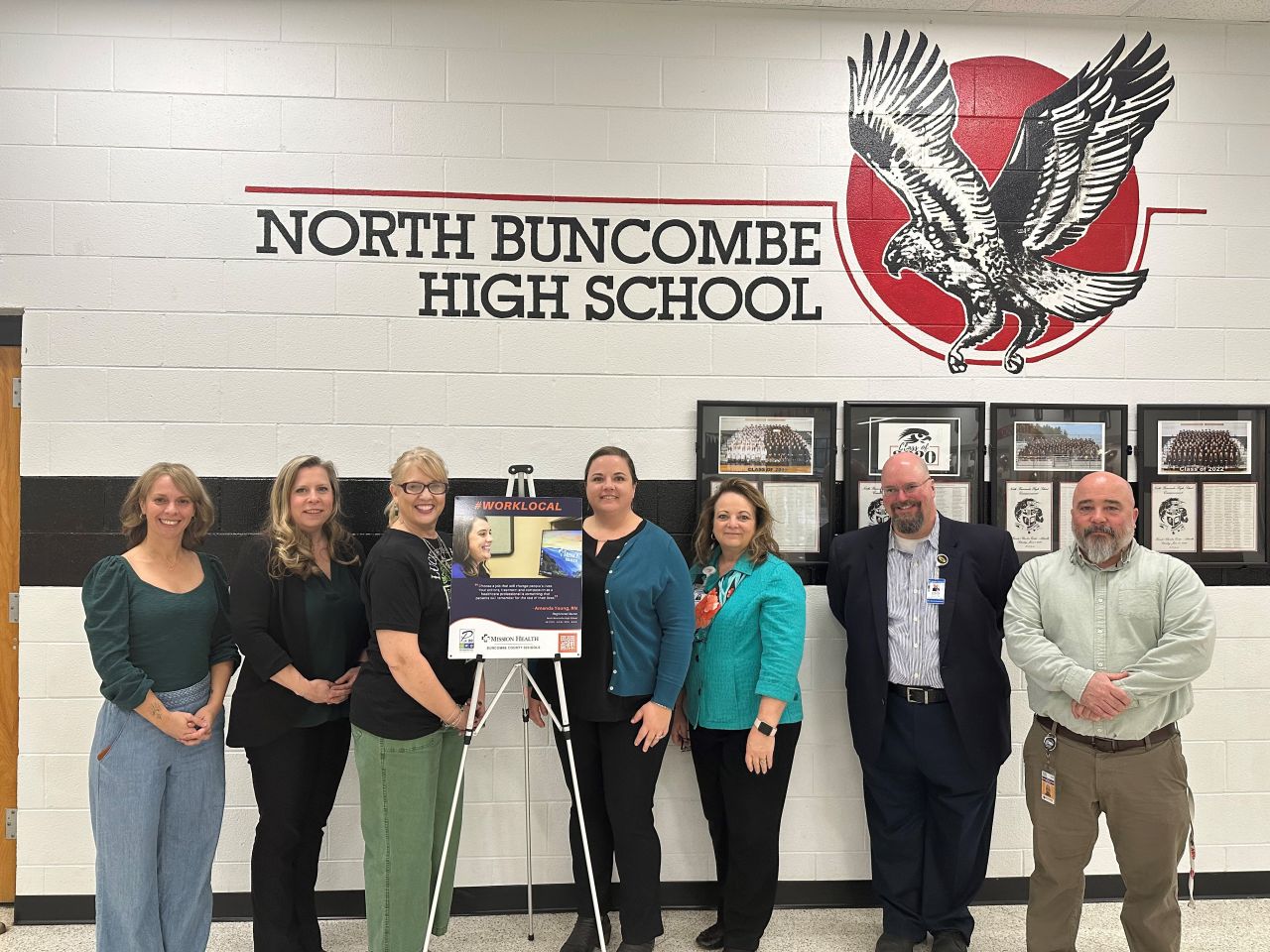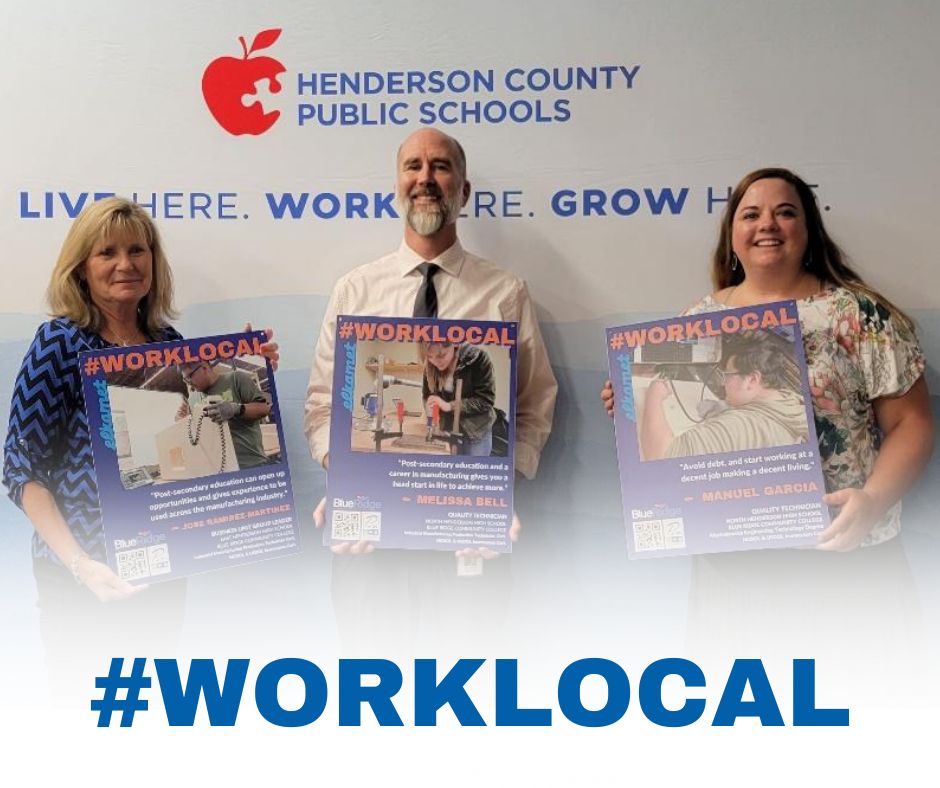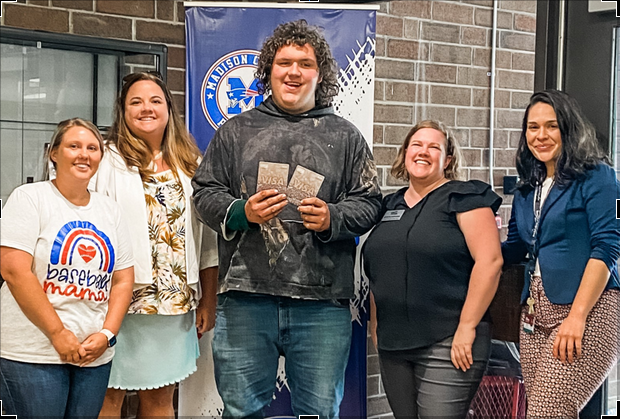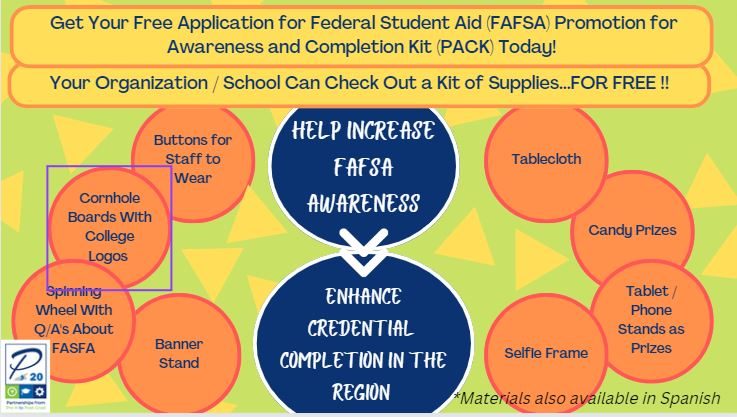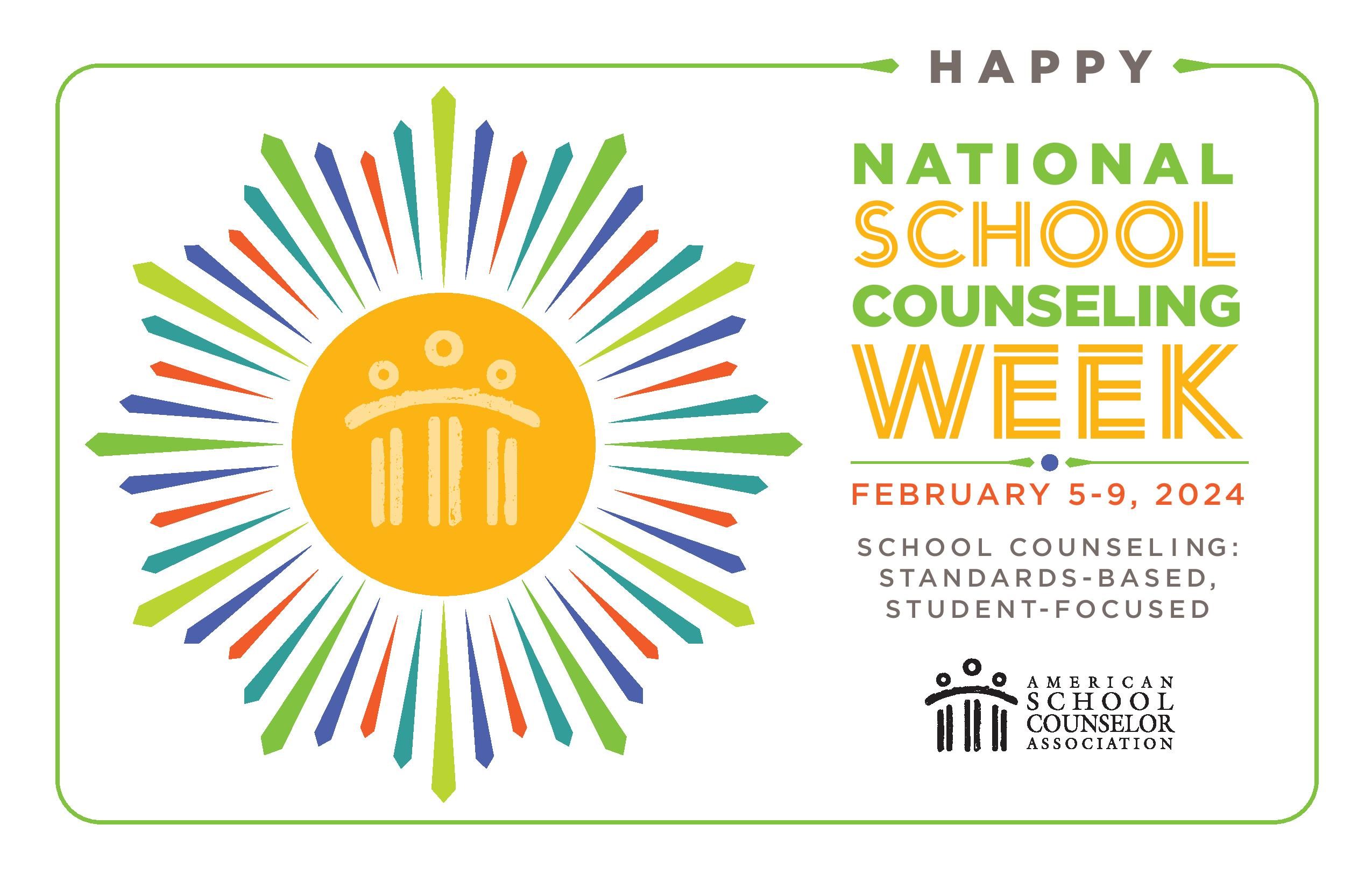
For National School Counseling Week 2024 (February 5-9, 2024), we are taking the opportunity to celebrate our region’s school counselors and to dig into the data on how our districts are doing in attaining the recommended ratios of students to school counselors.
How Does the P20 Council Work with School Counselors?
Our region’s school counselors are key partners in our work as we strive to increase educational attainment and workforce outcomes. They have a pulse on the needs, interests, talents, and aspirations of the students in their schools. We are grateful for their invaluable contributions of their unique expertise to many of our initiatives!
Student Ambassador Program
Last Fall, our region’s school counselors were essential partners in spreading the word about our inaugural Student Ambassador program. The counselors were instrumental in reaching out to students who would be a good fit for the program and encouraging them to apply.
After the success of that program last Fall, we are now recruiting for our second round of Student Ambassadors. Once again, we have connected with our school counselor partners to spread the word and to connect students to the opportunity to add their voices to our work.
2024 FAFSA Day
P20 staff partnered with the school counselors at all of our region’s high schools to send home FAFSA Day fliers with every high school senior. The event provided students and their families the opportunity to fill out the FAFSA form at local colleges and universities and to receive assistance from financial aid professionals if needed.
#worklocal Campaigns
School counselors in our region have been crucial members of this collaborative endeavor from the beginning. Our #worklocal campaigns match a K-12 school system with one of our region’s community colleges and a local employer to shine a spotlight on local graduates who have obtained their postesecondary education locally and then found jobs locally in high-demand fields. For our first #worklocal campaign, we featured healthcare careers and partnered with Mission Hospital / HCA Healthcare, Buncombe County Schools, and Asheville-Buncombe Technical Community College.
For our second #worklocal campaign, we collaborated again with school counselors to highlight local graduates who were working in high-demand jobs with high wages. This time, our partners were Elkamet, Henderson County Public Schools, and Blue Ridge Community College. Together we introduced high school students to some of our region’s manufacturing careers.
FAFSA Sweepstakes
Our FAFSA Sweepstakes was another successful collaboration that included Asheville-Buncombe Technical Community College, Madison County Schools, Buncombe County Schools, and our regional representative from the College Foundation of North Carolina (CFNC). We worked with the school counselors to promote the FAFSA and drive increased completion rates.
FAFSA PACK
We surveyed our region’s school counselors to find out how P20 could best support them with their efforts to promote the FAFSA and increase completion rates. Then we analyzed their responses and developed a toolkit (the FAFSA Promotion and Completion Kit, or FAFSA PACK) for them to borrow to aid in their efforts to increase FAFSA awareness and completion rates.
What Are the School Counselor Ratios in the Land of Sky Region?
The ASCA recommends a student-to-counselor ratio is 250-to-1. Learn more about student counselor roles and ratios on the ASCA website. Student-to-counselor ratios are an important part of the education landscape in which students learn. Because our goals are tied to student learning and education attainment, this data is important for us to track. So, for this year’s National Student Counselor Week, we decided to check in on the student-to-counselor ratios in our five districts.
Asheville City Schools
303:1
Buncombe County Schools
268:1
Henderson County Schools
394:1
Madison County Schools
240:1
Transylvania County Schools
237:1
North Carolina
343:1
Four of our districts (Asheville City Schools, Buncombe County Schools, Madison County Schools, and Transylvania County Schools) have student-to-counselor ratios below the state average of 343:1. In addition, two of those districts (Madison County Schools and Transylvania County Schools) have ratios that are better (lower) than the ASCA recommended ratio of 250:1.
Increasing funding for these essential roles is part of our policy agenda, and we will continue to advocate with our elected officials for budget and policy changes that will facilitate all of our region’s districts with attaining the recommended ratios.
District-level data source: National Center for Education Statistics. State-level data source: American School Counselor Association.
